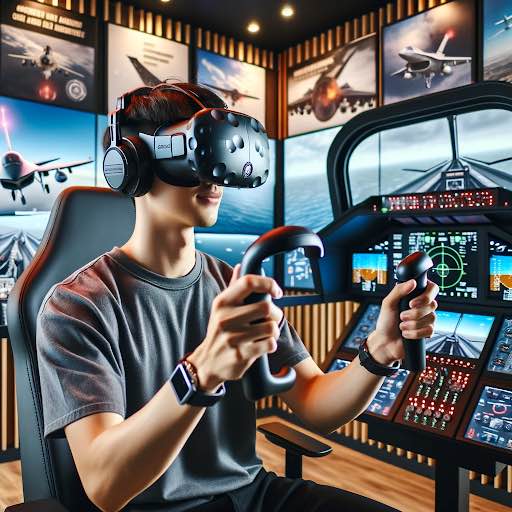The video game industry is a bastion of continuous innovation and growth in the entertainment sector. With markets such as Malaysia demonstrating a projected increase from approximately $209 million to $806 million between 2017 and 2027, the necessity to protect intellectual property (IP) has never been more critical.
Trademarks in Gaming
Establishing a strong brand identity by registering trademarks is a pivotal step in distinguishing the names, titles, logos, and other brand identity elements of a game, such as the iconic green diamond logo of The Sims by Electronic Arts (EA).
A registered trademark helps maintain customer loyalty and market presence. Preventing illegal use ensures that the brand identity of a game is not used without authorization, thus avoiding brand dilution. Similar to the recognizability of Call of Duty, a trademark helps solidify a game’s presence in the competitive industry. Trademarks, once renewed regularly, can last indefinitely, as evidenced by historical registrations from companies like Nintendo and Atari.
The iGaming market is saturated with a myriad of themes and slot game variations. Trademarks help distinguish one provider’s games from another, enabling customers to identify their preferred options quickly. The game title, logo, and distinctive catchphrases can be trademarked, securing a unique identity in a crowded marketplace.
A registered trademark grants the holder exclusive rights to the use of the brand name or logo in connection with the goods and services listed in the registration. This exclusivity is crucial in preventing others from using similar names or symbols that could confuse players.
Trademarks are potent marketing tools. A well-established trademark carries a reputation for quality and experience that can be crucial for customer retention and loyalty. Trademarked online slots from prominent providers create an association with a positive experience and encourage repeat engagement.
Copyright in the Gaming Framework
Creative elements such as soundtracks, plots, and characters are safeguarded automatically under copyright once fixed in a tangible medium. The moment a slot developer creates a new game interface or a unique set of symbols, they automatically have copyright protection over those works, provided they are original.
Copyright also encompasses the software code that underlies the game’s functionality. Algorithms that determine slots’ randomness, the user interface’s responsiveness, and the integration with payment gateways all benefit from copyright protection.
As games evolve, developers often release updates, sequels, or variations of popular titles. Copyright gives original creators exclusive rights over derivative works, ensuring that any new versions that build upon the original content are also protected.
Last but not least, copyright provides the mechanism by which iGaming content can be licensed, enabling game developers to monetize their creations through various platforms while maintaining control over the distribution and use of their games.
Patents Protection
Patents can protect game mechanics and technological innovations for up to 20 years. With the rise of AR and VR, developers like Roblox with their Roblox Studio and Sony with the PlayStation 5 ensure their technologies are patented to preserve their unique offerings. Market capitalization can reflect the value of a company’s intellectual property assets, with giants like Tencent Holdings and Sony Corporation showcasing the immense worth of their intellectual property.
Furthermore, patents cover a range of inventions from game engines, like Epic Games’s Unreal Engine, to gaming devices, such as Microsoft’s Kinect. Blizzard Entertainment has patented specific game methods, like the progression system in World of Warcraft.
The Future of IP in the Gaming Industry
As the gaming industry evolves, new forms of IP will be registered, particularly in virtual reality and gaming systems. The rise of indie developers and new platforms will likely result in more trademarks for game franchises and related properties.
The gaming industry is poised to surpass even the film industry in market share, primarily due to the increasing integration of video games into popular culture, as seen with game-based movies.
The protection of IP in the video game industry is not only about preserving the legal rights of developers and companies but also about fostering an environment where innovation and creativity are rewarded and respected.

